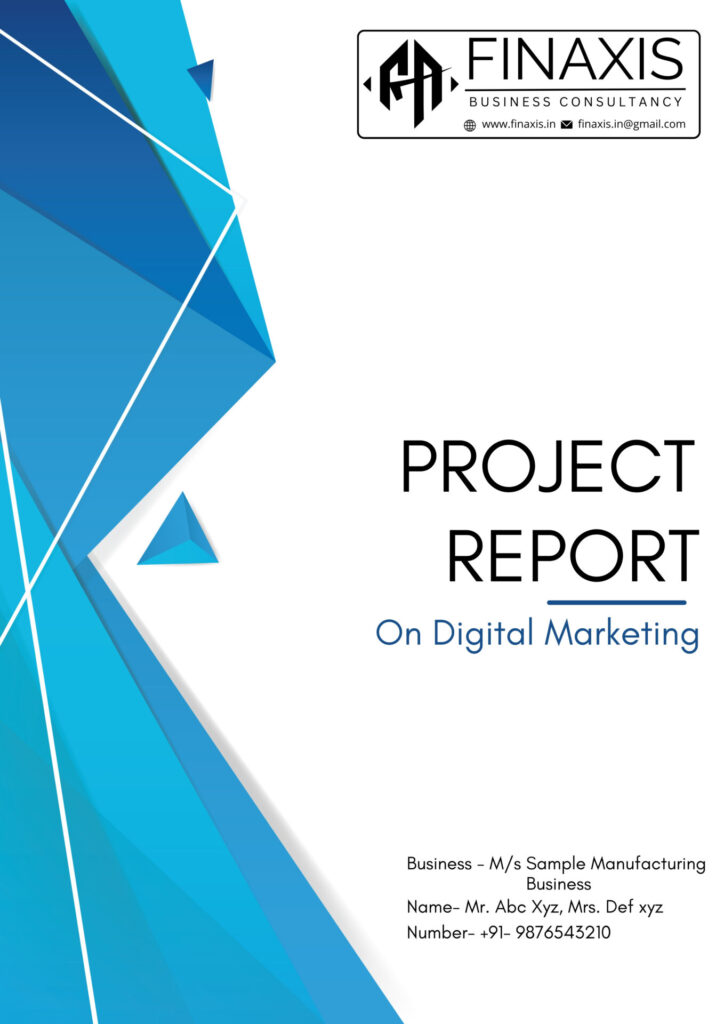Indian Government Initiatives
To Help Women Entrepreneurs

Introduction
Women’s greater presence as entrepreneurs has resulted in a shift in business demography and the country’s economic growth. Women-owned enterprises play a vital role in society, inspiring others and expanding job prospects in the country.
To encourage balanced growth in the country, there is a need for the sustained growth of women entrepreneurs, and Startup India is committed to strengthening the women’s entrepreneurship ecosystem.
Challenges Faced By Women Entrepreneurs
Indian women have defied centuries of conventions to establish a position for themselves in the commercial world. Their business careers have provided them with financial freedom as well as the opportunity to demonstrate their managerial abilities. However, these are some of the obstacles that female entrepreneurs face.
- Affected by a Lack of Finances
- Lack of Education
- Lack of Education
- Low Risk-Taking Ability
- Family Responsibility
- Poor Networking Skills
- Security And Safety Issues
These are the most pressing issues confronting female entrepreneurs around the world. Many inspirational women, however, have overcome these obstacles and carved themselves into a position in this male-dominated sector. You can also be successful in your business endeavors. All you need is the appropriate mindset, a clear goal, and the drive to overcome any obstacles that stand in your way.
Initiatives By The Indian Government To Assist Women Entrepreneurs
The following are the various schemes and initiatives through which the Indian government provides money and support to women entrepreneurs: –
1) The Platform for Women Entrepreneurship (WEP):
NITI AYOG launched the Women Entrepreneurship Platform (WEP) to create an ecosystem for aspiring young female entrepreneurs across the country. This initiative is being promoted and implemented in collaboration with NITI AYOG and SIDBI. WEP provides entrepreneurs with a forum to share their entrepreneurial journey, stories, and experiences, in addition to services such as free credit, mentorship, financial support for women entrepreneurs, and corporate alliances. Entrepreneurs who are in the early stages of developing their startups can sign up for the plan and reap its rewards.
2) The Bharatiya Mahila Bank:
The Bharatiya Mahila Bank was established to assist poor women who aspire to create their businesses. It was amalgamated with the SBI in 2017. The bank is granting loans of up to 20 lakhs to women entrepreneurs in the manufacturing industry. The Bharatiya Mahila Bank is authorized to make loans of up to one crore rupees with no collateral required. Aside from the manufacturing sector, this bank is authorized to make loans to small businesses and retailers.
3) Dena Shakti Plan:
This loan program is a solution for any female entrepreneurs who want to start a firm in the manufacturing or food processing industries. Women entrepreneurs have been approved for loans of up to 20 lakhs under the scheme in the categories of housing, retail, and education. The initiative also includes 0.25 percent interest rate discounts.
4) Mudra Yojana Program:
This is one of the top programs introduced by the Indian government for eager women entrepreneurs wishing to start a small business with minimal effort, such as beauty parlors, retail shops, or tuition centers. This scheme does not require any collateral, but it is divided into several plans that target different stages of business. The maximum credit amount offered to new enterprises is INR 50,000. The scheme provides loan amounts ranging from INR 50,000 to 5 Lakhs for well-established firms. Finally, the scheme provides loans of up to 10 lakhs to well-established enterprises aiming to expand their operations and geographical reach.
5) Annapurna Project:
Back in the year 2000, this was one of the first programs created by the government of India to improve the status of women entrepreneurs in India. The scheme is now offered by Bharatiya Mahila Bank. The government of India offers loans of up to INR 50,000 to women entrepreneurs in the food, beverage, and catering industries under this scheme. The best aspect is that the interest rate on this loan fluctuates based on market rates.
6) The Shree Shakti loan:
This is a one-of-a-kind scheme established by SBI to encourage female entrepreneurship by granting specific incentives. To be eligible for the scheme, women entrepreneurs must first enroll in the Entrepreneurship Development Program (EDP), a training program designed to build entrepreneurial abilities and the skills needed to run a successful business. This scheme allows women to obtain loans at a 0.005 percent discount on loans over 2 lakhs.
All of these programs have one thing in common: they were created to enhance the situation of women entrepreneurs in this country in mind. However, properly implementing these strategies is easier said than done. The motivation for such programs and plans has always been positive, and if successfully executed, they have the ability to revolutionize the entrepreneurial scene in India.
7) Udyogini Schemes:
This program supports women to be self-sufficient and helps them thrive economically. This initiative supports aspiring female entrepreneurs by offering loans in the form of low-interest loans at a lower rate of interest than the private sector’s increasing rates, while also serving as a reliable source of funding. This is only applicable to those with a family income of less than Rs. 40,000 per year. They encourage loans in the commercial and service sectors in particular, with a limit of Rs. 1 lakh.
8) Mahila Udyam Nidhi Program:
This scheme tries to close the equity gap. It encourages MSMEs and small sector investments in many industries to grow and thrive. This also stimulates the reconstruction of SSI units that have been ruled unable but are still salvageable. The debtor has ten years to repay the loan, with a maximum loan amount of Rs.10 lakhs.
9) Pradhan Mantri Rozgar Yojana:
The goal of this initiative is to create skill-based, self-employment opportunities for women entrepreneurs and smart minds at work, which can then be used to achieve financial independence. This system, which applies to both urban and rural areas, was created through a series of changes to the cost, eligibility, and subsidy restrictions. The loan subsidy amount is up to 15% of the project cost, with a maximum limit of Rs. 12,500 per borrower. This scheme applies to all industries, trade, and service activities. The age limit is 35 years, and the loan maximum for business is Rs. 2 lakh, while its loan limit for the service and industry sector is Rs. 5 lakh.
10) Startup India Schemes:
The Startup India Scheme is an initiative of the Government of India in 2016. The primary objective of Startup India is the promotion of startups, generation of employment, and wealth creation. The Startup India has initiated several programs for building a robust startup ecosystem and transforming India into a country of job creators instead of job seekers. These programs are managed by the Department for Industrial Policy and Promotion (DPIIT).
Conclusion
The Indian government is likewise fully committed to women’s empowerment. From funding to education, the government is doing everything it can to improve women’s role in society. Keep up to date on the latest programs for women entrepreneurs in the country and take advantage of them to the fullest.
Finaxis is another option, and the greatest one in terms of the services and many other facilities that make it easier and more pleasant for aspiring entrepreneurs to obtain business loans by lowering risk, minimizing paperwork and related expenses, and making it a clear & concise, and hassle-free experience.


INVEST MP Expression of Interest (EOI) For Inviting Online Tender…

Special Advance Authorization for Garments View Sample Report Directorate General…

Unutilized Input Tax Credit Refund Under GST View Sample Report An…

What is MSME Loan? View Sample Report Entrepreneurs and business owners…

ICICI Bank Business Loan View Sample Report ICICI Bank business loan…

PNB Bank Business Loan View Sample Report (Punjab National Bank) PNB Bank Business…

HDFC Bank Business Loan View Sample Report HDFC Bank Business Loan…

Equipment Finance Scheme For Existing Clients – TIIC View Sample…

Documents Required For GST Registration View Sample Report Goods and Services…

Most Popular Loan Schemes In India In 2024 View Sample Report The following…

Citibank Business Loans View Sample Report Citibank Business Loan provides business…

Chief Minister Startup Scheme (CMSS) Sikkim View Sample Report On August…



